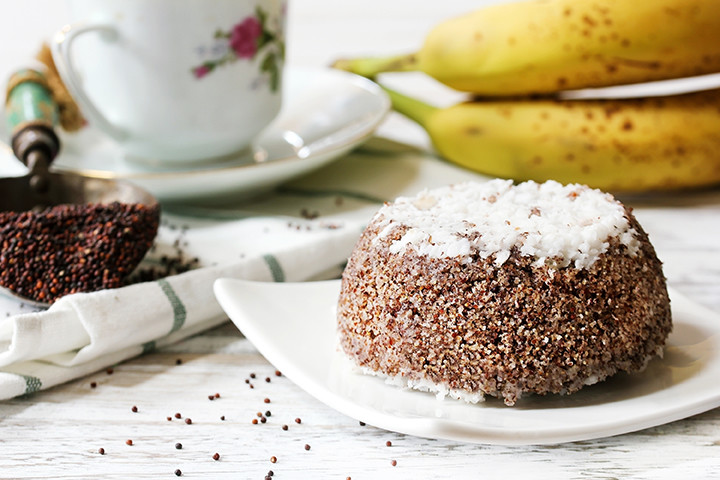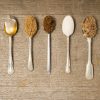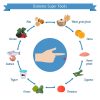The southern part of India is well-versed with ragi health benefits. Though basically rice eaters, they have for long been using ragi in different forms for its numerous health benefits and anti-diabetic properties. It has been proven in research that including ragi-based foods in a diabetes diet plan can improve the glycemic control. There is also significant reduction in the postprandial blood glucose levels with ragi-based foods.
Nutritional value of ragi
Ragi or finger millet is consumed in the form of porridge, roti, dosa, idli, and biscuits. With a very high amount of calcium and potassium when compared to other millets or cereals, ragi is a highly nutritious food. It is rich in minerals like:
- Calcium
- Potassium
- Iron
- Magnesium
- Zinc
Though ragi is one of the popular foods among the southern parts of India especially among the rural populations, the urban populations prefer oats over ragi. This is due to lack of awareness of the nutritional value of ragi. Moreover, perceptions of healthy foods are largely driven more by media.
Also, lesser cooking time involved in oats is driving people away from ragi and pushing them towards oats. However, diabetologists and endocrinologists in Bangalore advocate the use of ragi due to its superior nutritive value. Plus ragi health benefits too many to be ignored.
Ragi is the best millet for weight loss considering its nutritional value and its anti-nutritional factors. In its whole form ragi has numerous health benefits for people with diabetes due to its superior nutrition profile.
Nutritional value and ragi calories (100 gm.)
| Energy | 328 Kcal |
| Protein | 7.30 gm. |
| Carbohydrates | 72 gm. |
| Fat | 1.30 gm. |
| Dietary fiber | 11.50 gm. |
| Iron | 3.9 mg. |
| Sodium | 11 mg. |
| Calcium | 344 mg. |
| Potassium | 408 mg. |
| Carotene | 42 μg. |
Apart from these, ragi is also full of amino acids like leucine, valine, Threonine, Phenylalanin, and many others that have properties of:
- Tissue restoration
- Improving metabolism
- Checking blood sugar levels
- Preventing fatty liver disease
- Help fight anxiety, depression and insomnia
- Assists in weight loss
- Protect kidneys
- Improve bone health
Ragi roti calories (100 gm.)
| Energy | 214 Kcal. |
| Protein | 4.2 gm. |
| Fat | 8.8 gm. |
| Carbohydrates | 30 gm. |
| Dietary Fiber | 1.7gm. |
| Sodium | 186 mg. |
| Potassium | 130 mg. |
Ragi dosa calories (medium sized)
| Energy | 135 Kcal. |
| Protein | 2 gm. |
| Fat | 7.8 gm. |
| Carbohydrates | 15 gm. |
| Dietary fiber | 0.7 gm. |
| Sodium | 68 mg. |
| Potassium | 61 mg. |
Ragi mudde calories (65 gm.)
| Energy | 236 Kcal. |
| Protein | 6 gm. |
| Fat | 2 gm. |
| Carbohydrates | 44 gm. |
| Dietary fiber | 8 gm. |
| Sodium | 1167 mg. |
















